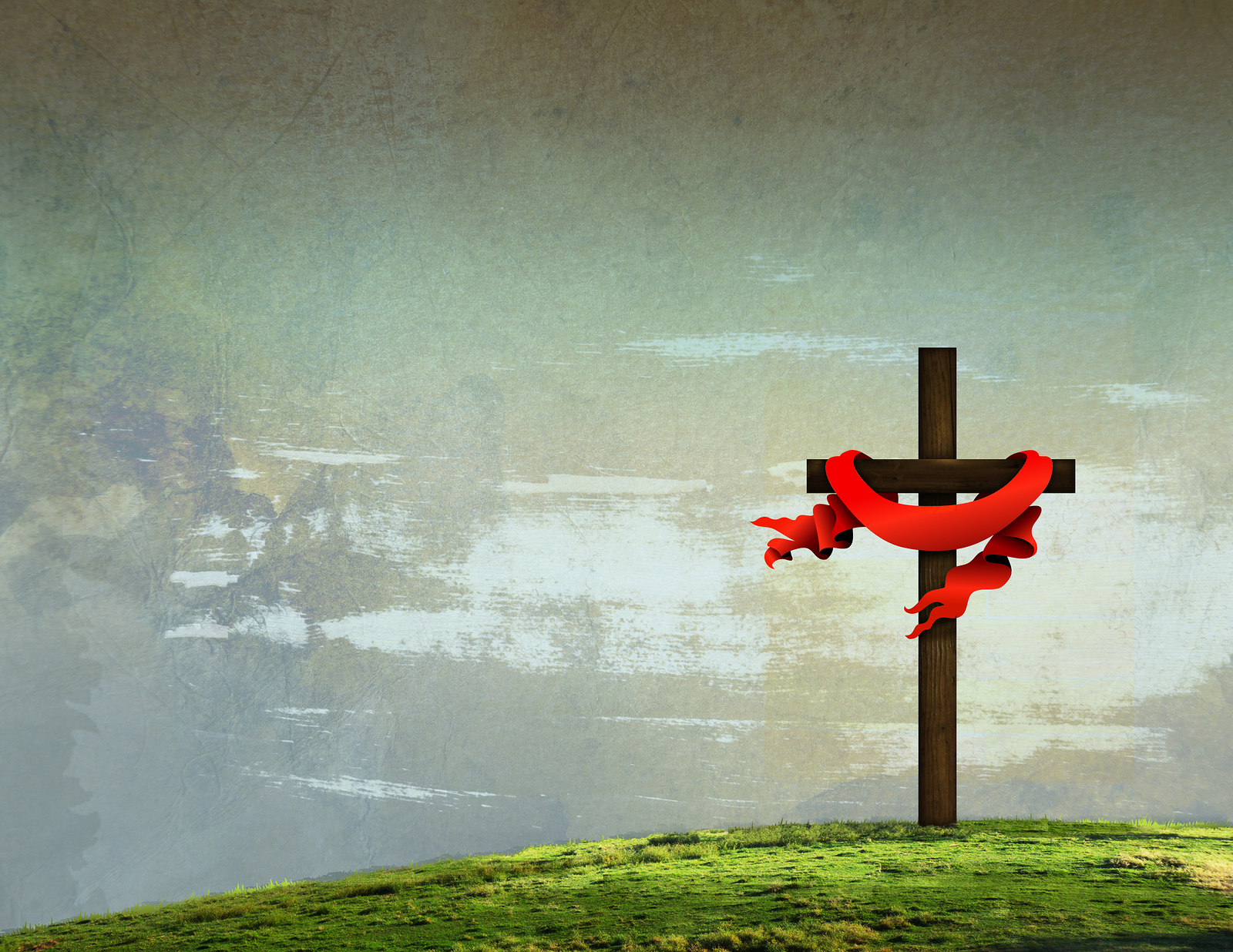Once at a children’s Sunday School about Good Friday and Easter, I saw a lesson that talked about the “Sad Day” (Good Friday) and “Happy Day” (Easter Sunday). This was an interesting and telling way to teach Good Friday and Easter Sunday to children.
I also have become aware of a popular poem, “It’s Friday—But Sunday’s Coming,” which depicts the heaviness of the crucifixion over and against the glory of Christ’s resurrection.
While there are great truths in each of these, it could make it seem odd to call Good Friday “Good,” and might even seem to suggest “Good Friday” is a “Bad Friday.”
This made me wonder, why do we call it Good Friday? I’m no theologian or church expert, but it appears there is some debate. According to one article, “Some sources suggest that the day is ‘good’ in that it is holy, or that the phrase is a corruption of ‘God’s Friday.’” After even more research, it appears to me we do not definitely know exactly where Good Friday gets its name.
What we do know is that on Good Friday, we commemorate, celebrate and recognize the atoning work and agonizing crucifixion of the Lord Jesus Christ, the Son of God. The Bible says, “God made Him who knew no sin to be sin on our behalf, so that in Him we might become the righteousness of God” (2 Cor. 5:21). And on the cross, Jesus proclaimed, “It is finished!” (John 19:30).
Therefore, Good Friday is not merely a sad day (though it is that). Good Friday represents the finished work of Christ, paying for our sins, which is central to the Good News. Without recognizing the full aspects of Good Friday, we could miss out on the full joy of Easter Sunday and Christ’s resurrection from the dead.
That being said, I am extremely encouraged to see many Evangelical churches start to embrace the Easter week more fully. In times past, you would be fortunate to see the average Evangelical church mention Palm Sunday, perhaps put on an Easter musical at some point and then skip right to Easter Sunday. As a result, many Christians skipped over an opportunity to recount and call to mind Christ’s atoning death on the cross.
These days, you will find many churches having a Palm Sunday service, a Holy Thursday communion service, a Good Friday service and, of course, worship the risen Savior on Easter. As Christians, this is truly our highpoint of the year, and we should take every opportunity we can to worship the Lord Jesus.
To that end, I recommend we not downplay or miscast Good Friday as “Bad Friday,” but instead fully embrace it and commemorate the day on which the sinless Son of God Himself died for sinners like you and me. And so done, our hearts will be primed and ready for Easter Sunday, on which we proclaim to the world, “Christ is risen. He is risen indeed!”
